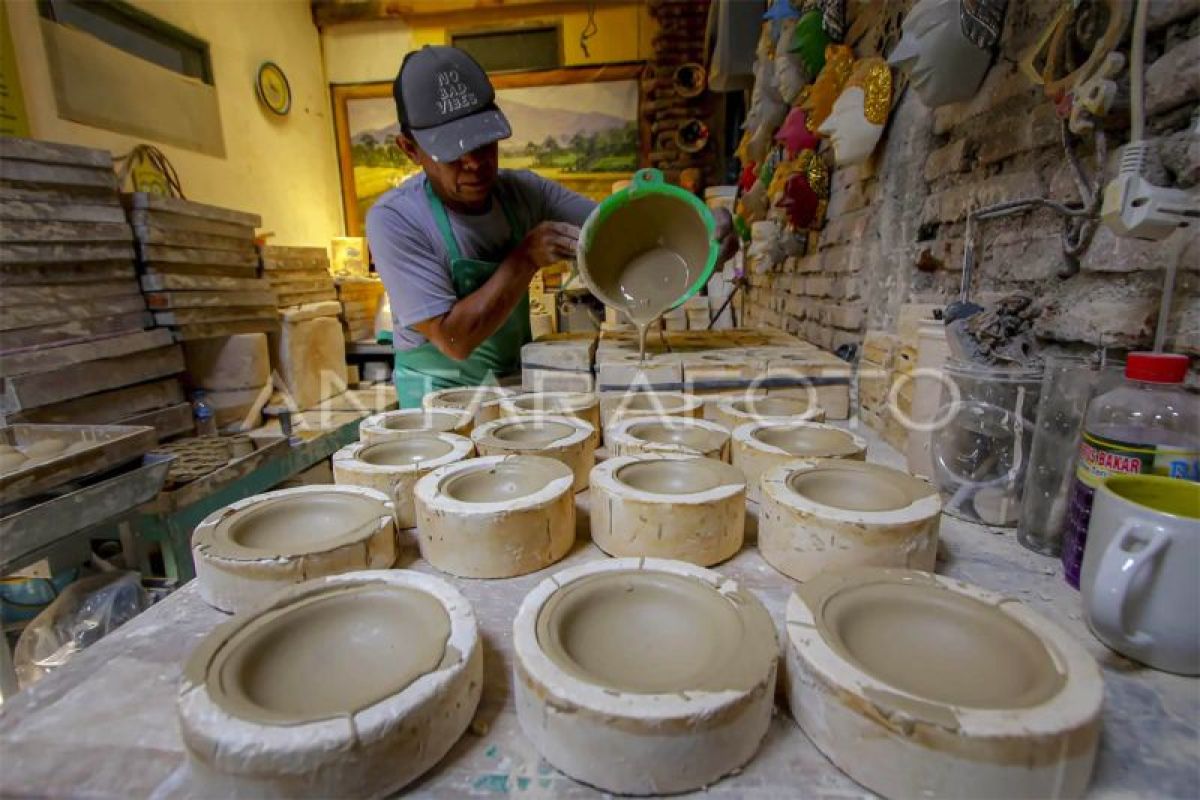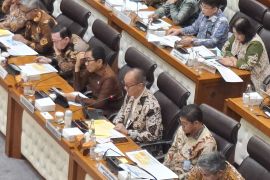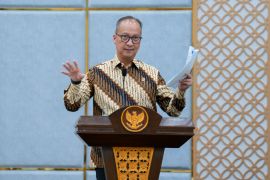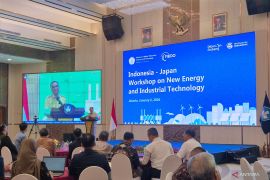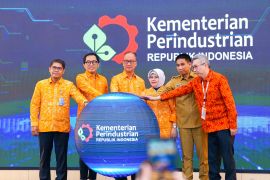The ministry's Director of the Cement, Ceramics, and Non-metallic Processing Industry, Wiwik Pudjiastuti, stated that the instruments prepared include import ceramic regulations and anti-dumping policies.
"We are currently regulating several policies to improve the performance of our ceramic industry again," she noted on the sidelines of the 2023 Asta Karya Nusa event in Jakarta, Tuesday.
According to Pudjiastuti, the ministry is preparing a prohibition and restriction policy to protect the national ceramics industry.
The domestic ceramics industry has received a safeguard facility that has entered its second extension period and will end in October 2024, she noted.
"In addition, we are preparing anti-dumping policies and other efforts, such as providing limited import ports and others," Pudjiastuti remarked.
Although she did not mention the timeline for the policy finalization, Pudjiastuti said that the regulation was also in line with President Joko Widodo's (Jokowi's) direction to tighten imports of several commodities.
Related news: Indonesian ceramic tableware exports clocked Rp1.5 bln in S America
Furthermore, she stated that the weakening rupiah currency did not have a direct impact on the performance of the ceramics industry, as raw materials for the ceramic industry mostly come from the domestic market. Hence, the imports of raw materials are relatively small.
She drew attention to a decline in the utilization of the ceramic industry currently being experiencing after two years of expansion due to the industry's cheap gas price policy and the rise of imported ceramics.
At the 2023 Industry Ministry Working Meeting in Jakarta last June, Industry Minister Agus Gumiwang Kartasamita stated that based on a letter from the Indonesian Ceramics Association (Asaki), utilization of the ceramic industry has currently reached 75 percent, down three percent from the previous year.
The decline in ceramic industry utilization is also caused by the weakening domestic market due to inflation and reduction in the people's purchasing power since the fuel price increase in September 2022 until now, he added.
"Asaki also conveyed other causes, namely imported ceramic products, especially from China, which are increasingly flooding the domestic market at a time when demand for ceramics in the global market is decreasing," he noted.
Kartasasmita stated that the presence of Chinese ceramics came from the anti-dumping policy on such products by global markets, including the United States, Mexico, Europe, the Middle East, and others.
Related news: Over 61% of Bali`s ceramic products exported to Singapore
Translator: Ade Irma J, Resinta Sulistiyandari
Editor: Yuni Arisandy Sinaga
Copyright © ANTARA 2023
